Rare diseases may sound unlikely, but they can move fast and hit hard when outbreaks happen. From Ebola to Nipah to Zika, global health crises have taught us an important lesson — prevention matters, even when the risk feels far away.
Here are 15 surprising ways to protect yourself from rare diseases, backed by lessons from real outbreaks worldwide. Stay informed, stay ready, and stay safer.
1. Pay Attention to Travel Advisories

Before you head abroad, check for health alerts in your destination. Some rare diseases only exist in specific regions—and knowing ahead of time can help you prepare or reschedule.
2. Avoid Animal Contact in High-Risk Areas

Many rare diseases, like Ebola and Nipah, are transmitted by animals. Avoid bats, monkeys, and wild livestock, especially in outbreak zones.
3. Use Insect Repellent—Even in Unexpected Places

Mosquitoes spread more than malaria—their bites transmit viruses like Zika, Dengue, and Chikungunya. Protecting yourself is essential in both urban and rural areas.
4. Don’t Skip Travel Vaccinations
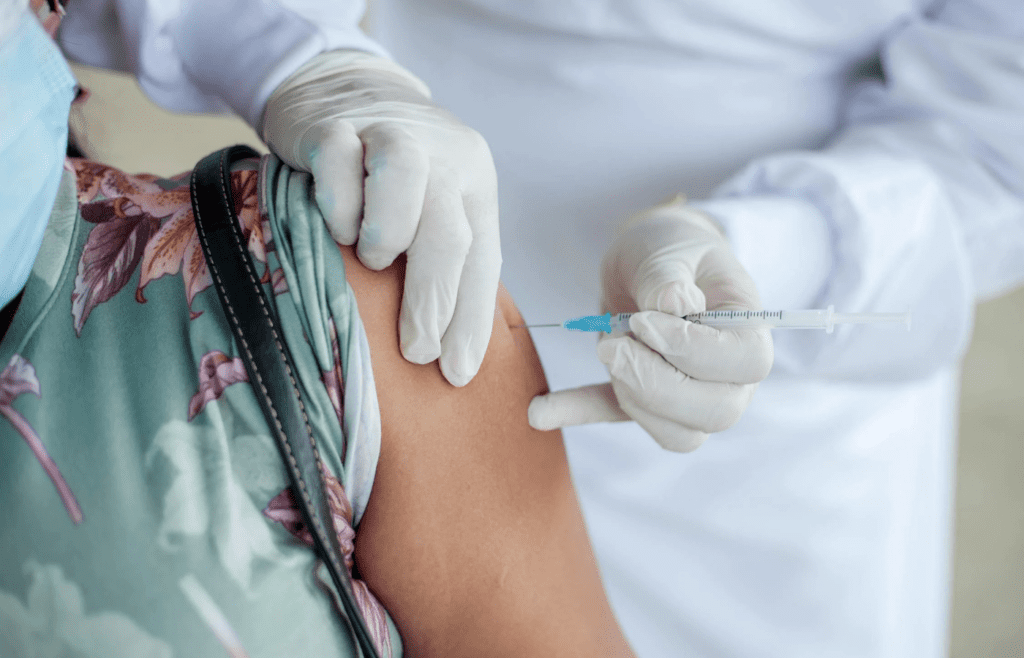
Some countries require vaccines for diseases like yellow fever or Japanese encephalitis. Even if optional, getting vaccinated lowers your risk—and protects others.
5. Stick to Bottled or Treated Water

Contaminated water is a common way rare viruses spread. When the source is uncertain, stick to sealed bottles or boil water.
6. Practice Good Hygiene in Public Spaces

Frequent handwashing and hand sanitizer use can block germs that spread through touch. It’s simple—but powerful.
7. Avoid Raw or Undercooked Meat
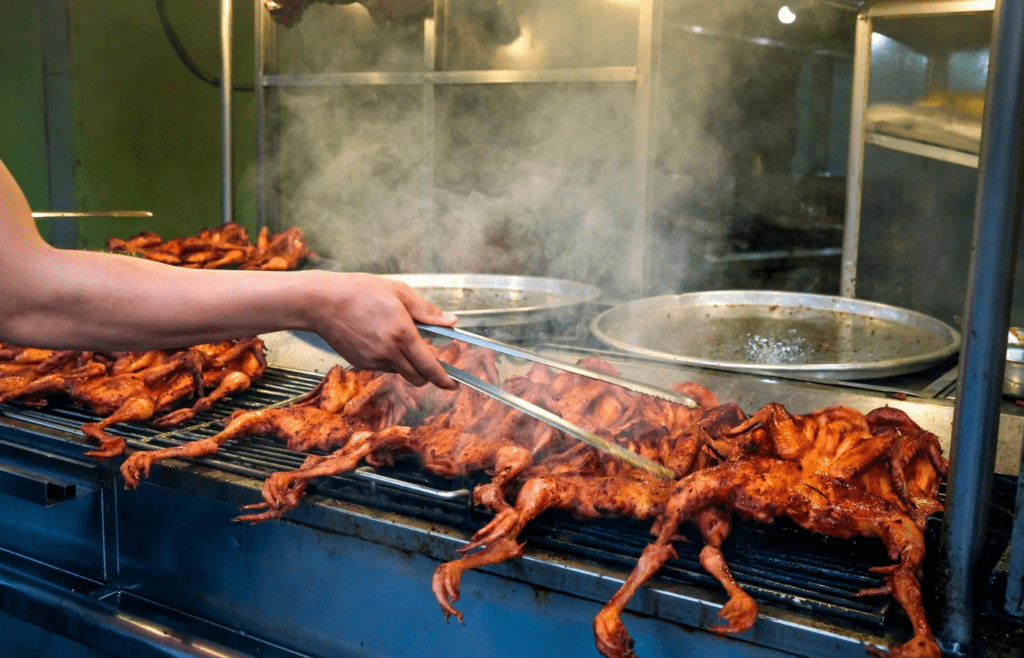
Unsafe meat can spread diseases like trichinosis or anthrax. Always eat well-cooked food, especially in areas with lower food safety standards.
8. Don’t Handle Sick or Dead Wildlife

It’s not just about exotic animals. Handling dead birds, rodents, or other wildlife can expose you to deadly viruses like H5N1 or hantavirus.
9. Stay in Well-Ventilated Spaces

Some diseases spread through airborne droplets. Good airflow helps reduce your chances of breathing in harmful particles.
10. Be Cautious with Natural Remedies in Unregulated Areas
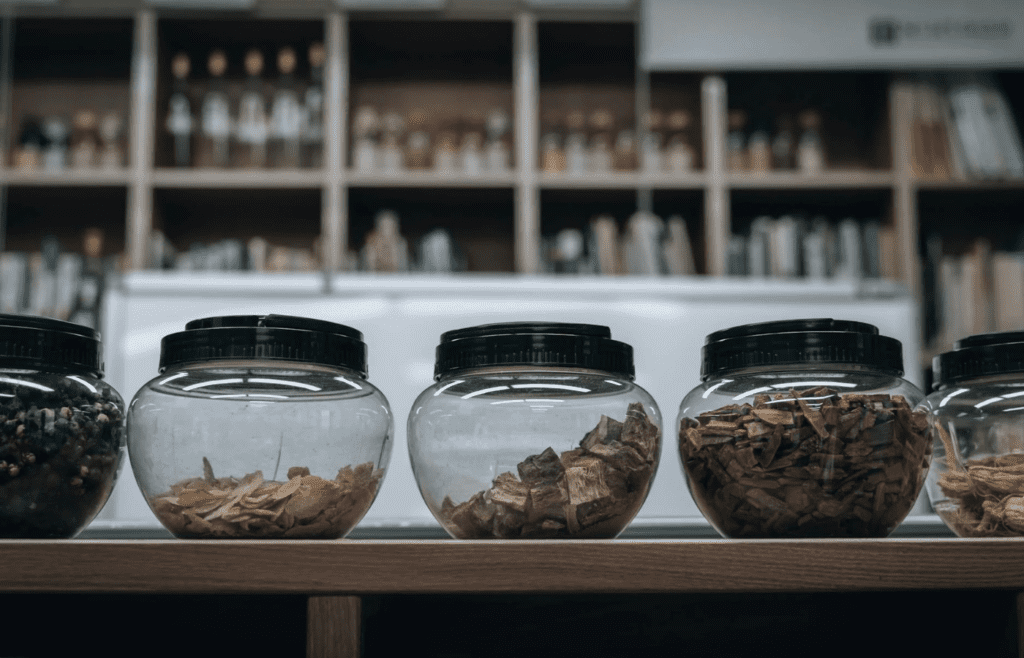
Some regions mix natural medicines with unsafe ingredients. Use only trusted sources — especially when treating wounds, fever, or infection.
11. Carry a Basic Medical Kit
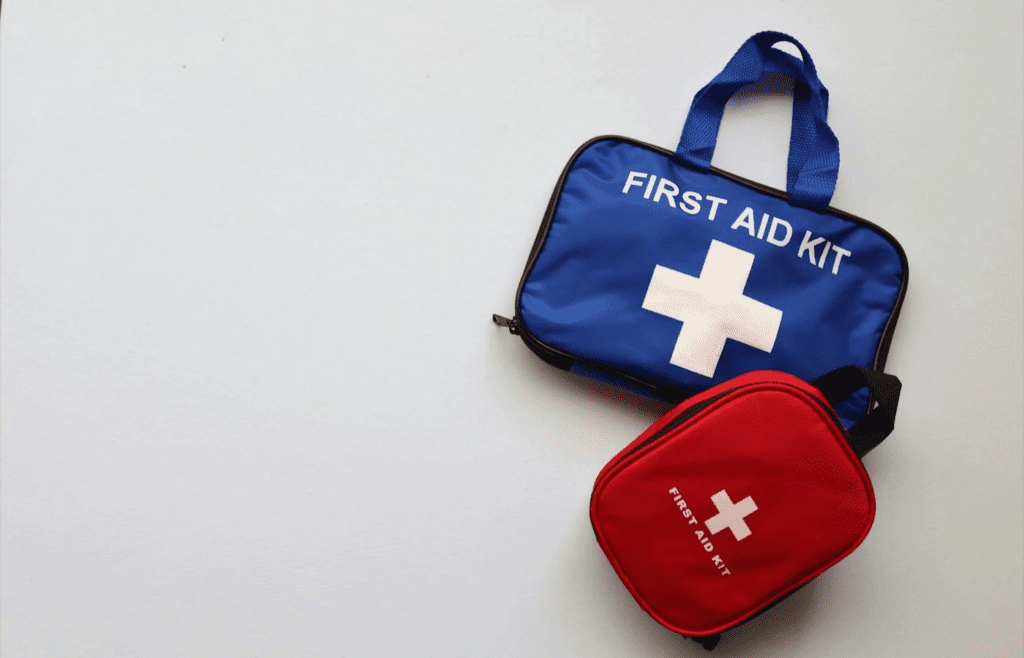
Stock it with antiseptics, antibiotics (if prescribed), and fever reducers. A small kit can be a lifesaver in areas with limited care.
12. Research Local Disease Outbreak History

Before traveling, learn what rare diseases have recently appeared in the area. Past outbreaks can signal lingering risks.
13. Watch for Unusual Symptoms After Travel

Fever, rash, fatigue, or swelling could be more than jet lag. See a doctor and mention where you’ve been—early action can prevent serious illness.
14. Don’t Delay Care in Remote Areas
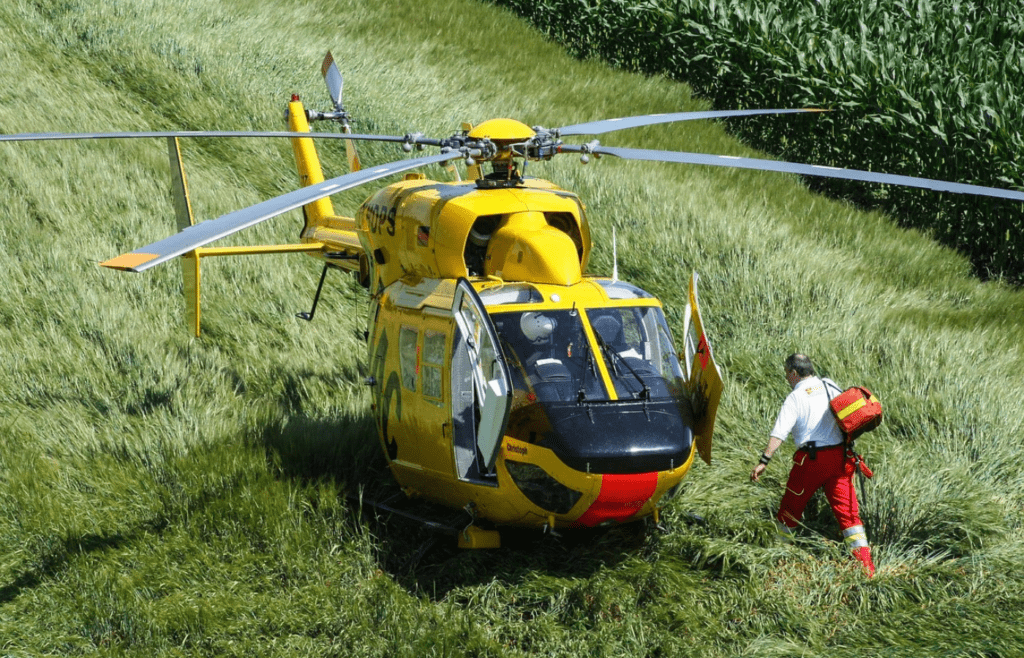
If you feel sick while traveling, don’t wait. Delayed treatment is one reason rare diseases turn deadly. Seek care fast—even if it’s inconvenient.
15. Stay Informed Through Trusted Global Health Sources

Follow updates from reliable groups like the CDC or WHO. They report outbreaks, issue warnings, and offer tips for staying safe—before you pack your bags.
Rare diseases may be uncommon—but smart travel and daily habits make a big difference. These lessons from past outbreaks prove that staying informed and taking small steps can protect your health wherever you go.





